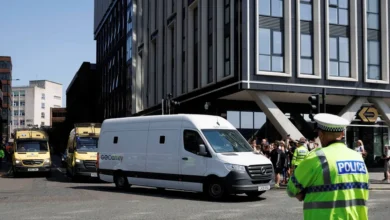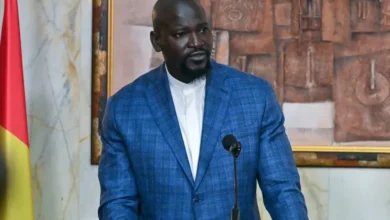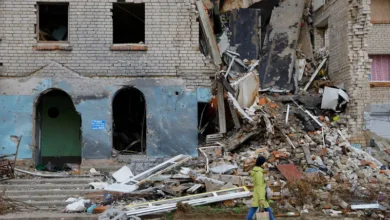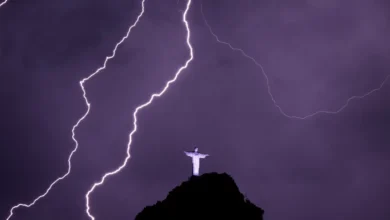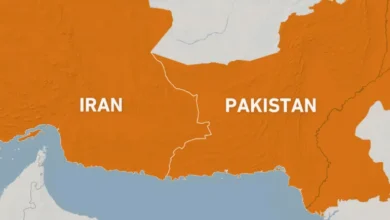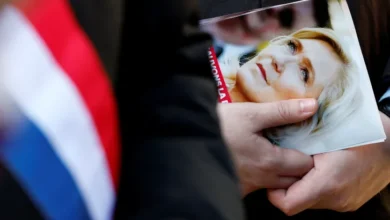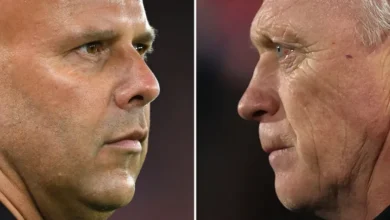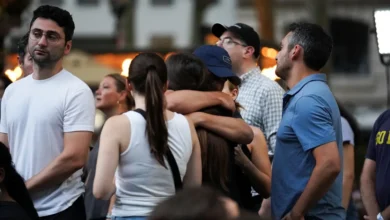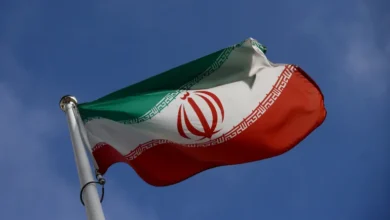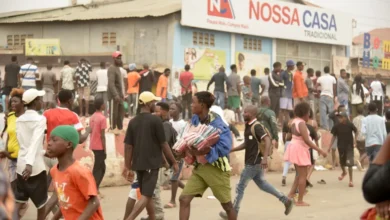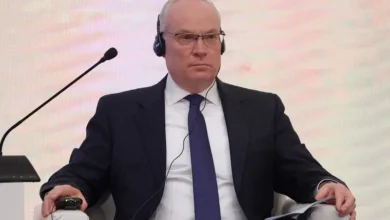Could DR Congo’s Tshisekedi declare war on Rwanda if re-elected?
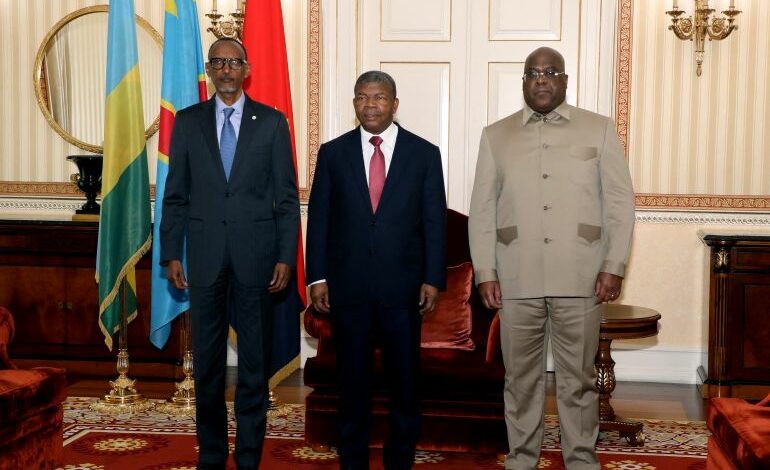
Polls closed late on Wednesday in the Democratic Republic of the Congo as millions of voters turned out to vote in general elections held after tense and sometimes violent campaigns, amid a continuing war against the deadly M23 rebel group.
Some areas are due to vote on Thursday in elections seen as a test for DRC, which has only had one peaceful transfer of power due to years of instability.
One of those tense moments came on Tuesday as incumbent President Felix Tshisekedi, who is seeking a second five-year term, was speaking to his supporters on a final campaign stop in Kinshasa.
“I’ve had enough of invasions and M23 rebels backed by Kigali,” Tshisekedi screamed. “If you re-elect me and Rwanda persists … I will request parliament and Congress to authorise a declaration of war. We will march on Kigali. Tell Kagame those days of playing games with Congolese leaders are over.”
It was evidence of a further breakdown in the fractious relationship between the DRC and its tiny neighbour Rwanda.
Since the resurgence of M23 in November 2021, the scale of violence in the DRC’s volatile east has increased. The mineral-rich region is home to more than 100 armed groups including M23 and the Allied Democratic Forces (ADF), fighting for dominance and brutally attacking civilians. Some seven million people have been displaced by the violence. Dozens have died.
Like the string of opposition candidates vying for the presidency including former Katanga governor and wealthy businessman Moise Katumbi, oil executive Martin Fayulu, and Nobel Peace Prize-winning gynaecologist Dennis Mukwege, Tshisekedi has promised to end the insecurity.
For the president, the deteriorating security situation is largely spurred by Rwanda, who Kinshasa believes is backing M23, created in 2012 from a group of mutinous soldiers. Sour relations with his Rwandan counterpart Paul Kagame characterised Tshisekedi’s presidency.
A regional rift
Tuesday’s comments escalated the situation to new heights as the president floated the possibility of all-out combat with Rwanda if re-elected, raising fears of a conflict that could destabilise East Africa.
While alarming, some analysts say Tshisekedi’s rhetoric is less geared at war but calculated to spur nationalistic fervour and gain more votes in the DRC where anti-Rwandan sentiment has become increasingly strong. But the consequences of such strong language, experts warn, could be severe.
“It plays well with the Congolese public to take a hardline stance against Rwanda … however, it’s going to pose a severe problem after elections,” Richard Moncrieff of the Brussels-based International Crisis Group said. “Whether it’s Tshisekedi or another candidate who wins, the rhetoric around the elections is going to cause problems when it comes to regional diplomacy because they’ve taken the anti-Rwanda rhetoric too far.”
Tensions between Kinshasa and Kigali go back to the second Congolese war in the 1990s, when rivals Rwanda and Uganda fought proxy wars in eastern DRC, backing armed groups and seeking influence in the mineral-rich region. The DRC is one of the world’s largest producers of copper and cobalt and is endowed with precious elements like gold and diamonds. Due to instability and corruption, however, Congolese people benefit little from the wealth, and the country remains one of the poorest in the world. Those earlier wars, although officially over, are linked to the current conflict.
While Tshisekedi has said in interviews that he tried to keep relations cordial with Kagame, there has been bad blood between the two since the M23’s resurgence in 2021, 10 years after its fighters had gone underground. Kinshasa insists that the rebels – who claim to be fighting for the rights of ethnic Congolese Tutsis and who control swaths of territory in North Kivu, are being sponsored by Kigali. A United Nations Security Council committee of experts, citing “solid evidence”, said last year that Rwandan troops aided M23 fighters.
Kigali denies the claims but has also counter-blamed Kinshasa for allegedly backing the Democratic Forces for the Liberation of Rwanda (FDLR), a brutal armed group that has carried out raids in Rwanda in the past. The group is active in the DRC and has also attacked civilians there.
In February, Congolese troops exchanged fire with members of the Rwandan army in a border area as fears of a regional war rose.
